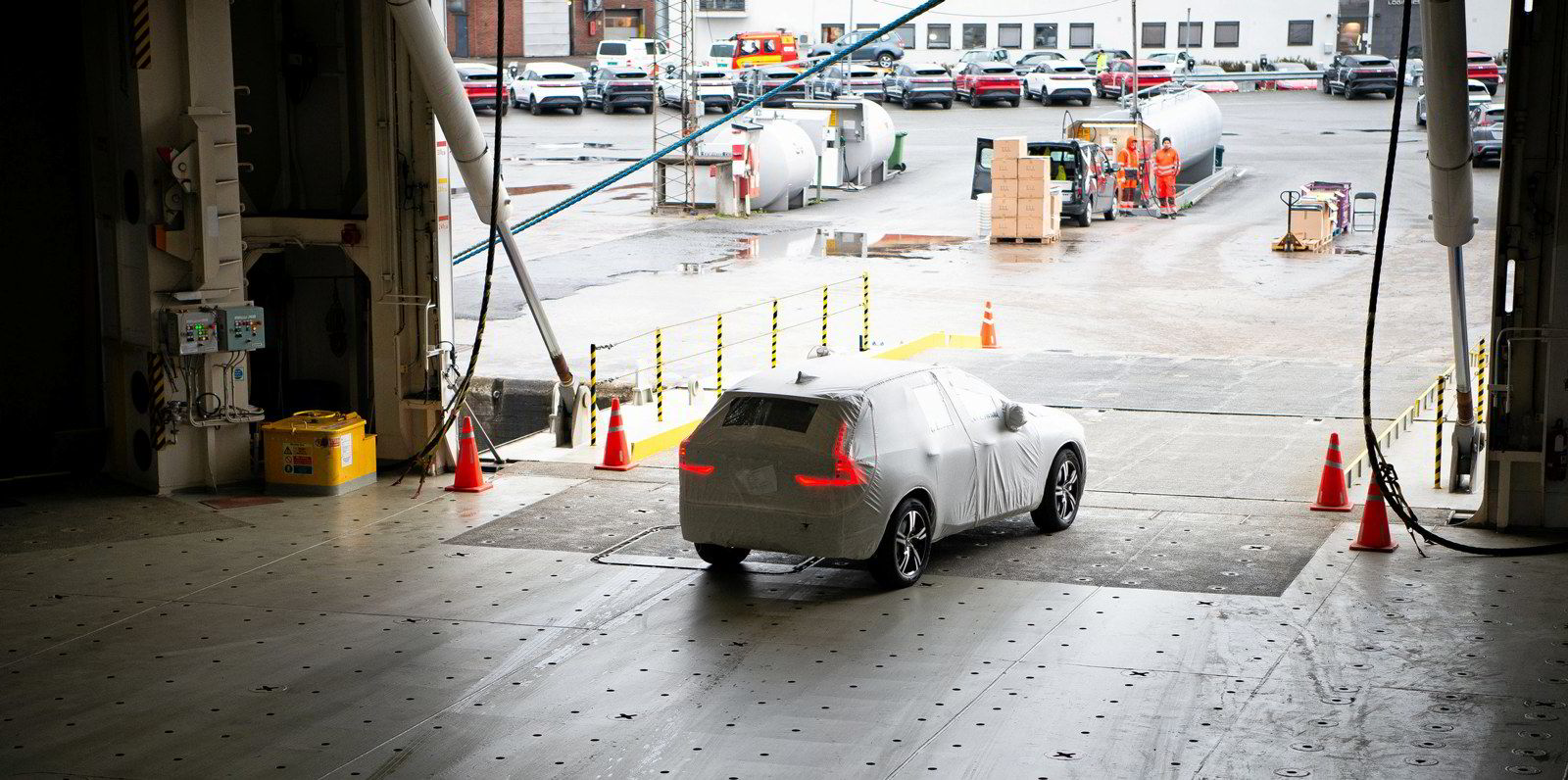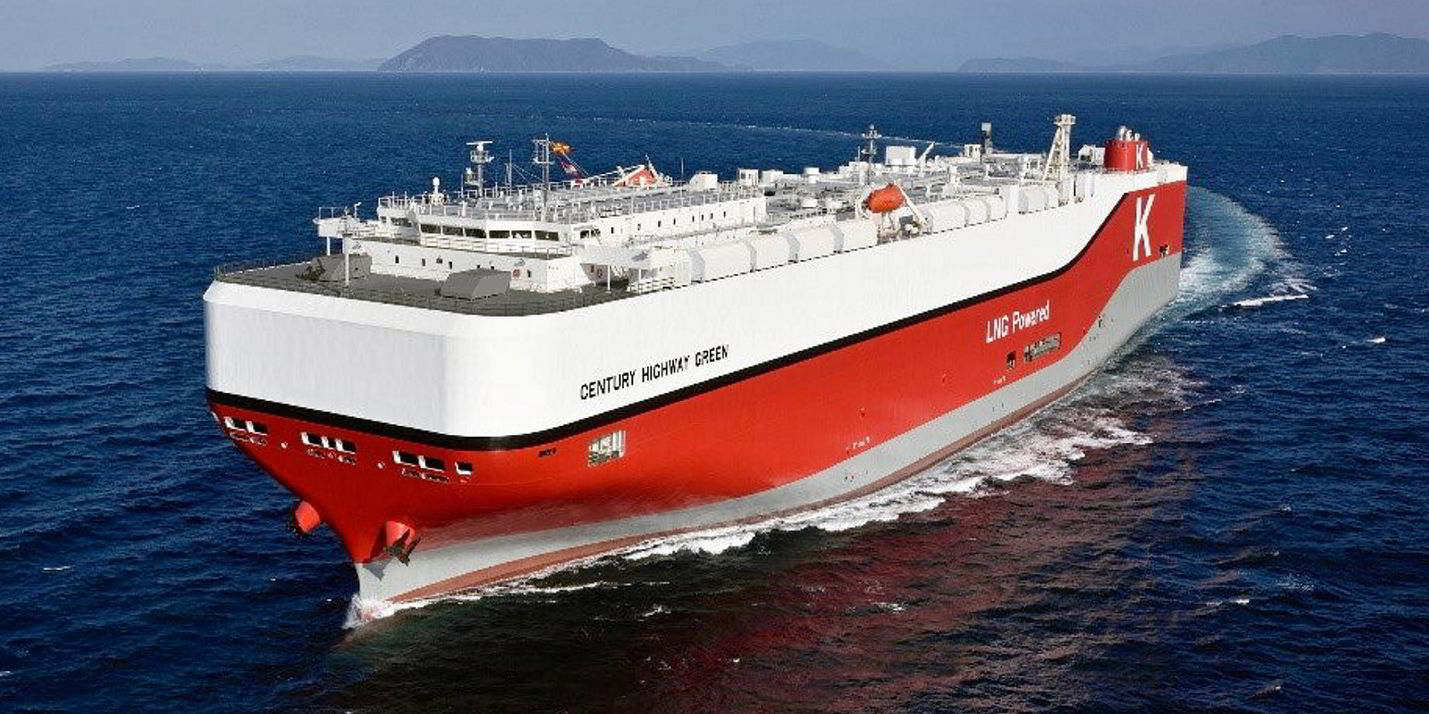A shortage is haunting the pure car/truck carrier (PCTC) market — the shortage of microchips.
Despite a strong 2021 recovery in demand for personal vehicles following the low point of the Covid-19 pandemic in 2020, car export volumes have struggled this year and have not yet recovered to the levels of 2019.
The reason is semiconductor supply. The chips that make modern cars so smart also make them vulnerable. Clarksons' Erik Tonne estimates that up to 10m cars, around 10% of expected shipping volumes, will go unbuilt or unfinished in 2021 thanks to the chip shortage.
In late 2020, microchip manufacturers realised they had cut their production capacity too deeply and quickly at the depths of the Covid-19 pandemic, but struggled to recover. Added production was mostly swallowed by the demands of the biggest customers. The car industry, despite its massive volumes, is nowhere near as big a customer for microchips as the computer and mobile phone industry is.
That has made for a choking bottleneck separating chip-dependent modern cars from their impatient buyers.
In a September report, Clarksons reckoned that global deepsea transportation of vehicles had climbed some 32% year-on-year. But that was only from a baseline of the low point of the global Covid-19 pandemic.
"Comparing to the same period in 2019, the trade fell 8%," wrote the brokerage. "The decline is the result of the semiconductors crisis, as global vehicle production has been decreasing almost every month since March."
Production in Japan was up 23% in the year to date, and South Korea rose by 25%.
"However, volumes have been declining since March, when South Korean carmakers started to suffer the consequences of the semiconductors crisis," wrote Clarksons. "Consequently, August car production in South Korea fell almost 30% from March levels."

Restoring production levels will take some time, and the analysts noted in September that several carmakers had revealed production cuts for the current month.
"The global semiconductors shortage, coupled with the renewed coronavirus-related production lockdowns across Southeast Asia, will negatively impact seaborne trade and car production into the fourth quarter," the shipbroking house wrote.
But PCTCs remain in high demand, and current car delivery shortfalls are expected to be made up once the chips are available.





